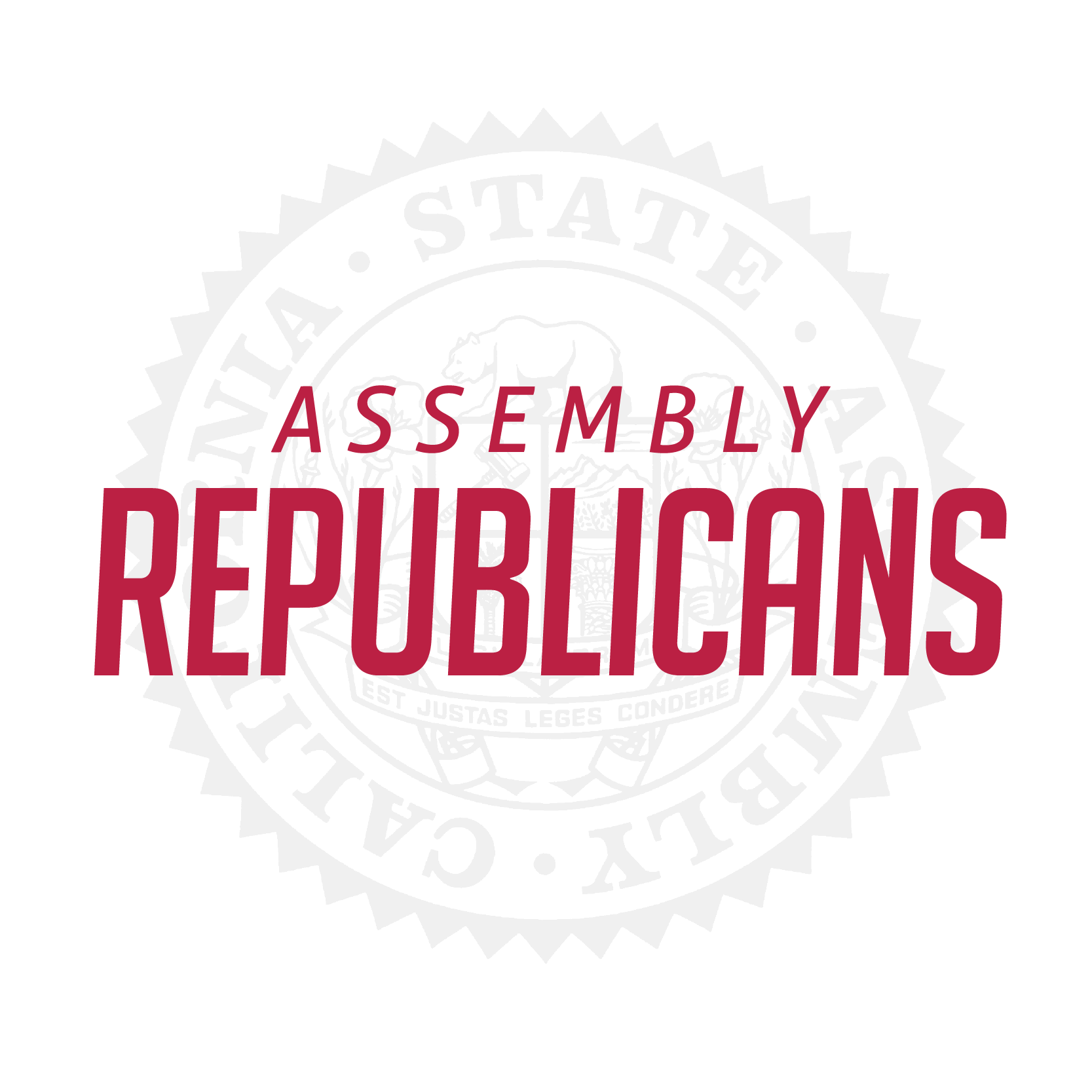California Assembly Republican Caucus
SACRAMENTO – Today, Assemblyman Josh Hoover (R-Folsom) began circulating a letter calling on lawmakers to oppose Governor Gavin Newsom’s Oil Windfall Tax. By signing the letter, legislators can tell the governor and their constituents they will not support the Governor’s sponsored legislation that will risk fuel shortages, rationing, and price spikes at a time when gas prices are expected to reach $7 per gallon in the coming months.
A listing of lawmakers who have signed or refused to sign the letter will be made publicly available on Wednesday, March 8th.
“We all agree that gas prices are too high, but Governor Newsom’s plan will do nothing but add more fuel to the fire,” said Hoover. “To prevent high prices like we saw last year, California needs to increase our supply of gas – Newsom’s Oil Windfall Tax will do the opposite, increasing our dependence on foreign oil and creating fuel shortages like we haven’t seen in a generation. Opposing this plan will protect Californians from these inevitable consequences, and I invite all my colleagues to join me.”
At a State Senate hearing last week, multiple energy industry experts testified that the governor’s proposal is unlikely to bring down gas prices and could result in rationing and gas lines reminiscent of the 1970’s oil crisis. Comments from the experts at the hearing included:
- “If there’s a really big price spike … the incentive will be to reduce the supply of gasoline and … really big price spikes would be made worse.” – Prof. James Sweeney, Senior Fellow – Stanford Institute for Economic Policy Research
- “The penalty or tax can … disrupt the market and for that reason I think we have to be cautious.” Prof. Severin Borenstein, Faculty Director – Energy Institute at UC Berkeley Haas School of Business
- “Price controls usually increased prices – while controls hold down prices artificially for a while, they soon start rising or soaring.” – David Hackett, Chairman of the Board – Stillwater Associates
- “[Regarding a similar scheme in the 1970s] The Congressional Research Service found … one, it only generated 20% of its expected revenues; two, we had domestic production fall by 4.8%; three, we increased our dependency on foreign oil by 12.7%; four, we reduced investment in capacity; five, it absolutely did minimal, little meaningful reduction in retail gasoline prices.” – Prof. Michael Mische, Lecturer of Management & Organization – USC Marshall School Of Business
A copy of the letter is available HERE – lawmakers have been requested to sign and return it by March 7. The signatories will be made public the following day.
###
